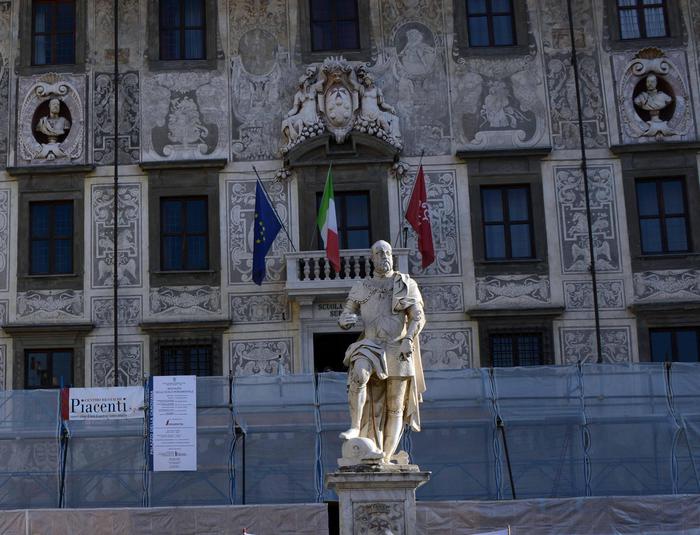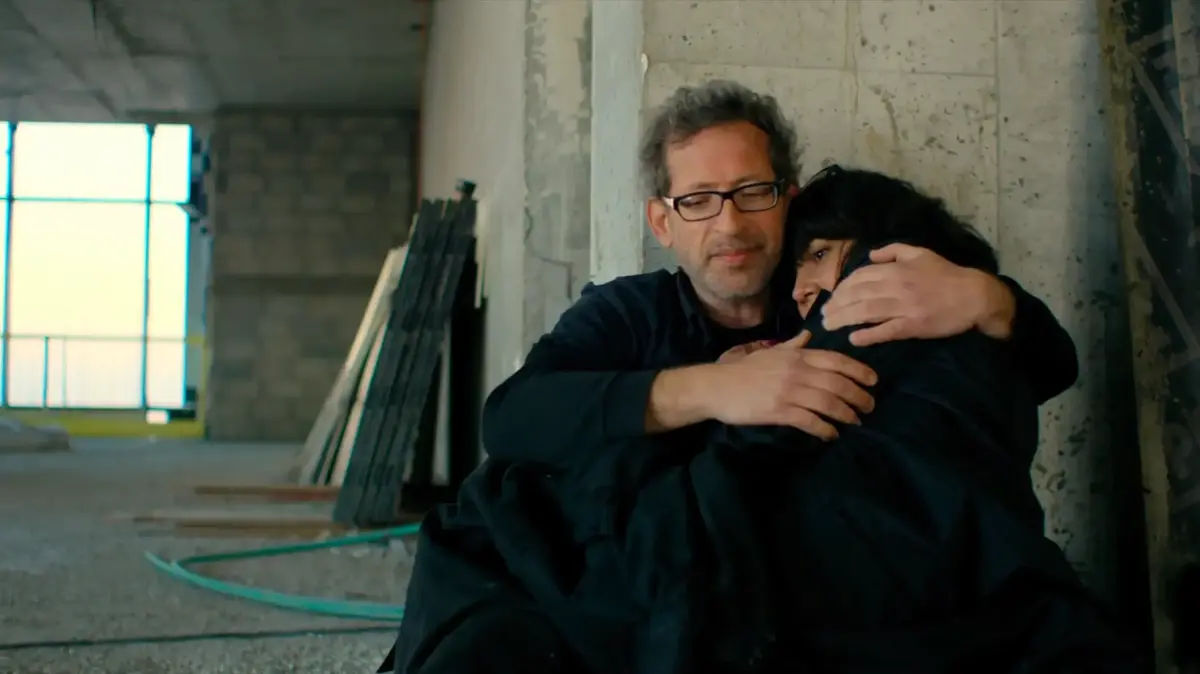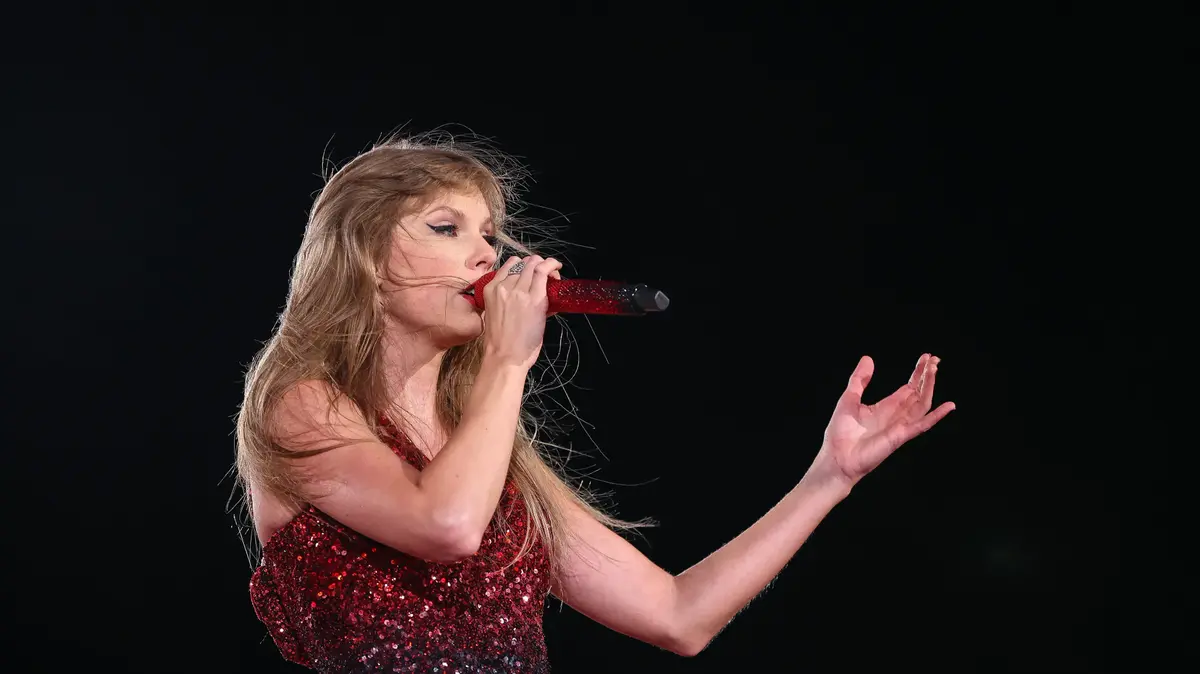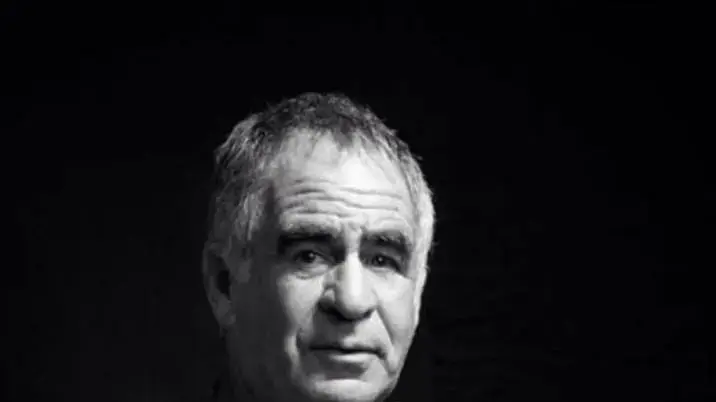The viewers of "Shabnikim" should be divided into two age groups, not necessarily according to age but according to thought.
The adults, one can only assume, would like to shake up the four stars of the series and tell them "Khalas, wake up, there is a real world".
The young, optimistic ones, who are still ahead of them all their lives, would look at the ending scene of the second season with a look of optimism: True, not much has changed and we returned to the starting point, but somewhere our heroes learned a thing or two and go fresh, not looking back.
Like dolphins, Meyer said in the final episode of the season that ended yesterday (Sunday) on HOT.
In the first episodes of the season, it seemed that the heroes of the series, Avinoam, Meir, Laser and Gedalia, developed dramatically, and I personally hoped that this would really be the case. They are no longer the children who smoke in the dorm room but set up a seat, create something, build, develop. Gedaliah is a Rosh Yeshiva, even if a little ridiculous, Avinoam channels his desire to live between the worlds and a bridge with the nearby secular yeshiva, Laser finally finds someone, even if it is someone he has no chance of really succeeding with, and Meir becomes engaged to the most unsuitable woman for me Lands, and pays a price for it, but at least he does something.
Then everything shatters over reality, as if the creator, Eliran Malka, says to the characters he created, "Friends, stop living in illusions, the world is not a movie." Lasri may want coexistence, but the secularists are not really willing to pay the price that comes with an ultra-Orthodox yeshiva in the middle of "the last secular neighborhood in Jerusalem." Meir discovers that changing his name is not enough to acquire love either. Laser falls in love with a woman in the ultra-Orthodox world who is not actually available and Gedalia, well, Gedalia remains, and manages to trample everything on the way to his personal happiness.
It is hard to say that the season ends with happiness and wealth to this day. The last chapter, and the little one before it, teaches us that the ultra-Orthodox world is a world of black and white, and not just in the colors of the clothes. Divorced is not available even if Laser really wants it to happen, the ultra-Orthodox-Ashkenazi gentleman does not really want his Mizrahi groom and does not bother him especially when this story shatters to pieces, and all four discover that even if they radiate tireless optimism and establish the yeshiva elsewhere, in practice the two friend Those who are willing to fight the secular will leave the boys in the lights of Rehavia, the former Hebron. Even the secularists are not a tallit that is all azure, and make every possible mistake on the way to the inevitable explosion.
And here something needs to be said about the stigmas in the series.
Unlike series like "Stisel", which ostensibly try to assimilate the protagonist within the authentic ultra-Orthodox society, or "The Rebel" which presents a problematic world from the beginning without filters, in "Shabnikim" the creators seem willing to perpetuate erroneous and inclusive stigmas without looking back.
The Ashkenazi man will always be vicious against the Sephardim, the secularists will inevitably smoke soft drugs and do yoga on the street in tights, the ultra-Orthodox Knesset members are cynical and willing to do to get what they want, and ultra-Orthodox divorced women turn out to be bloodthirsty It's convenient for them.
Stigmatic.
"Shabavnikim", Photo: Ohad Romano
What's the bottom line of the season? In practice - nothing and nothing, and it seems that this was the goal of the creator from the beginning. Avinoam, Laser, Meir and Gedalia end the season exactly, but exactly, where they started. They spent 16 episodes, drank lots of whiskey, sold some antique menorahs, and now they're on their way to nowhere again. However, even the second season, like the first, is entertaining, funny, and definitely worth the viewing time. Also the fact that there were 16 episodes, instead of the standard 10th or 12th, gave a feeling that the viewers got added value in the form of a long and enjoyable series. But if you were looking for depth, a look at ultra-Orthodox society and dealing with conflicts, this is not the series for you.
Malka weaves with a confident hand a kind of "friends" in black and white clothes on the streets of Jerusalem.
They have no idea where they want to go, they have no idea how to move on to the next stage in their lives, and in the meantime they pass the time with the smile and challenges of 20 year olds, whose whole life is still ahead of them.
They are sometimes sad, they are sometimes happy, but they still have the optimism of teenagers.
They live the dream, and anyone past the age of 20 would take turns with them in an instant.
So who came to the Western Wall?














